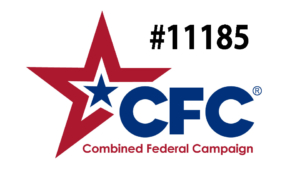February is American Heart Month, a month dedicated to raising awareness about heart disease and promoting heart health.
Heart disease is responsible for one in four deaths in the United States, making it a critical national issue. Understanding the major risk factors for heart disease and how to live a heart-healthy lifestyle is essential to protect your heart health. This blog post provides tips and advice to help you better understand the risk factors for heart disease and how to make heart health a regular part of your self-care routine.
What Is American Heart Month?
American Heart Month was first proclaimed by President Lyndon B. Johnson in February 1964. It aims to raise awareness about heart disease and educate people about ways to protect their heart health.
Throughout the month, various campaigns and events are organized to promote heart health using #OurHearts and broken down into four weekly themes:
Make Heart Health Matter
Heart disease is a critical national issue with one in four deaths in the US caused by heart disease. Research suggests that many lack education about cardiovascular conditions and warning signs.
By understanding the major risk factors for heart disease and making heart health a regular part of your self-care routine, you can protect your heart health and reduce the risk of heart disease. With small changes to your daily routine, you can make a big difference to your heart health and overall wellbeing.
Major Risk Factors for Heart Disease
There are many different risk factors that can affect your chances of developing heart disease, some of which are beyond your control. These risk factors include advanced age, gender, heredity risk, smoking, low physical activity, being overweight, stress, alcohol, and poor diet. Understanding the factors that affect your heart health is essential to making positive changes to protect your heart.
Know the heart attack warning signs
- Your chest may hurt or feel squeezed
- You may feel discomfort in one or both arms, or your back or stomach.
- You may feel discomfort in your neck, shoulders, or jaw.
- You may feel like you can’t breathe.
- You may feel light-headed or dizzy, or break out in a cold sweat.
- You may feel sick to your stomach.
Some heart attacks are sudden. Others start slowly. You may not be sure if you are having a heart attack. Don’t wait, check it out right away. Call 9-1-1 immediately if you think you or someone else might be experiencing symptoms of a heart attack.
Living a Heart-Healthy Lifestyle
Living a heart-healthy lifestyle is essential to protect your heart health. Regular exercise, eating a healthy diet, quitting smoking, getting enough sleep, and managing stress are all important aspects of a heart-healthy lifestyle. Getting regular check-ups with your doctor, knowing your blood pressure, and monitoring your heart health stats can also help you stay on track.
Checkout the following healthy living resources from FEEA
Heart Health Resources
MORE FROM FEEA
Subscribe to FEEA’s Newsletter
The information provided in this piece is for your convenience and informational purposes only and not to be construed as professional advice. FEEA and its coauthors and sponsors are not liable for any losses or damages related to actions or failure to act with regard to the content in this piece.
Would you like to reprint this piece in your agency human resource, federal employee association, or union local newsletter? You can do so at no cost by contacting admin@feea.org with your request.
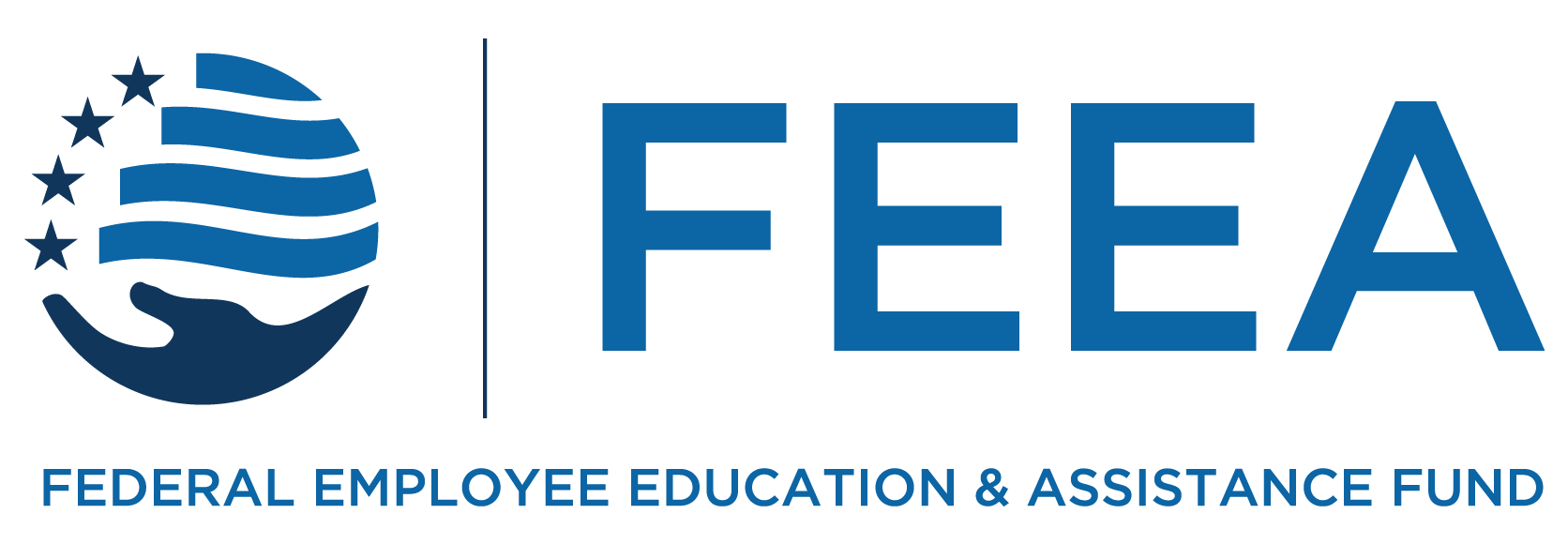

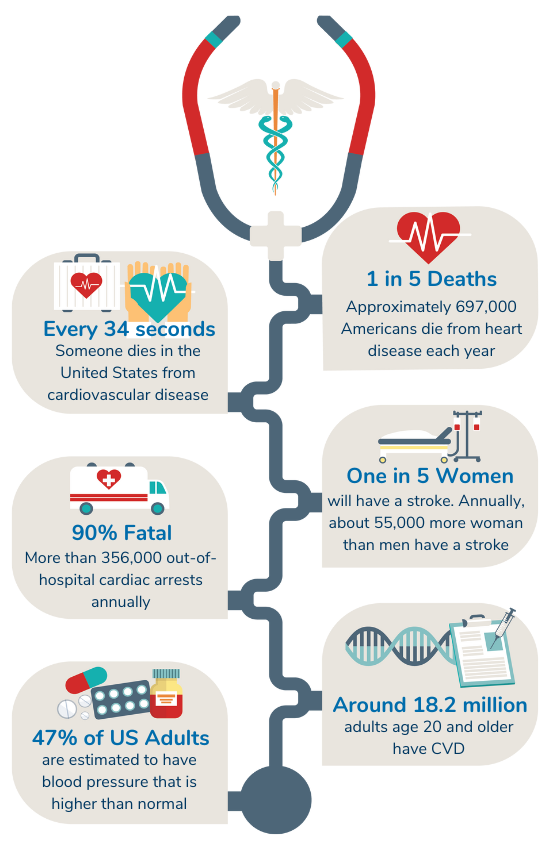
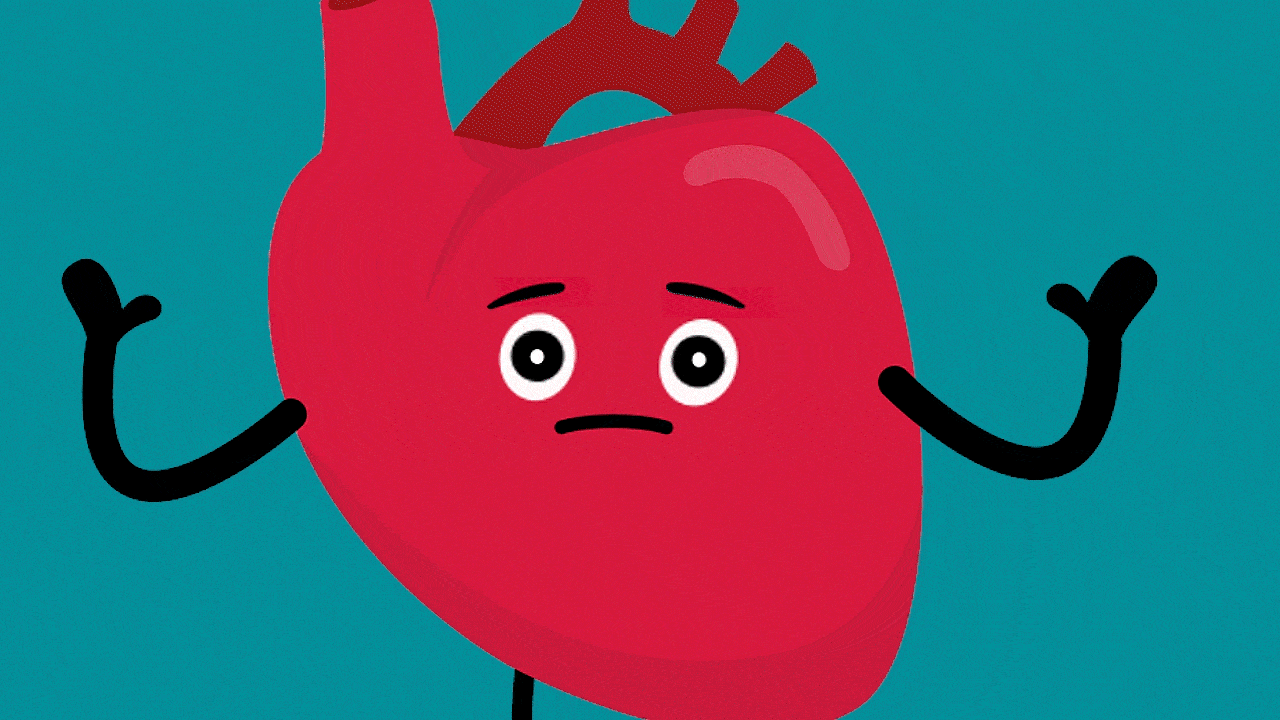




















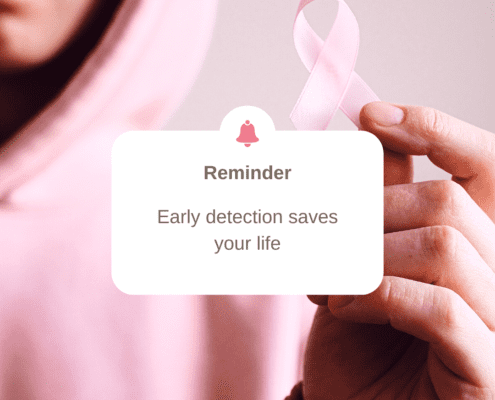
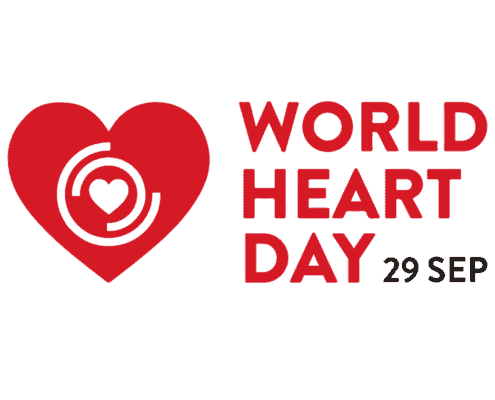
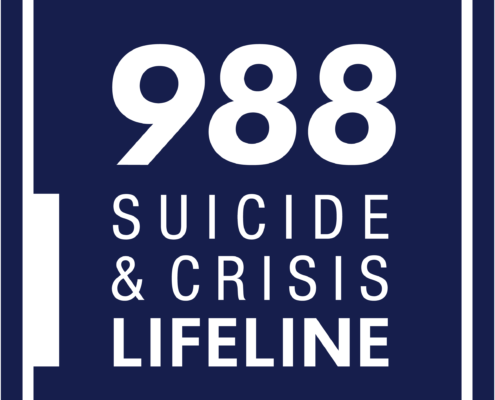




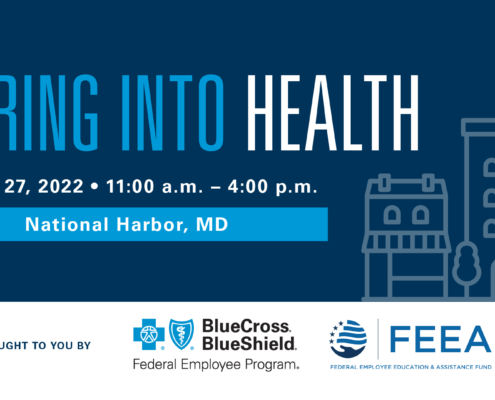

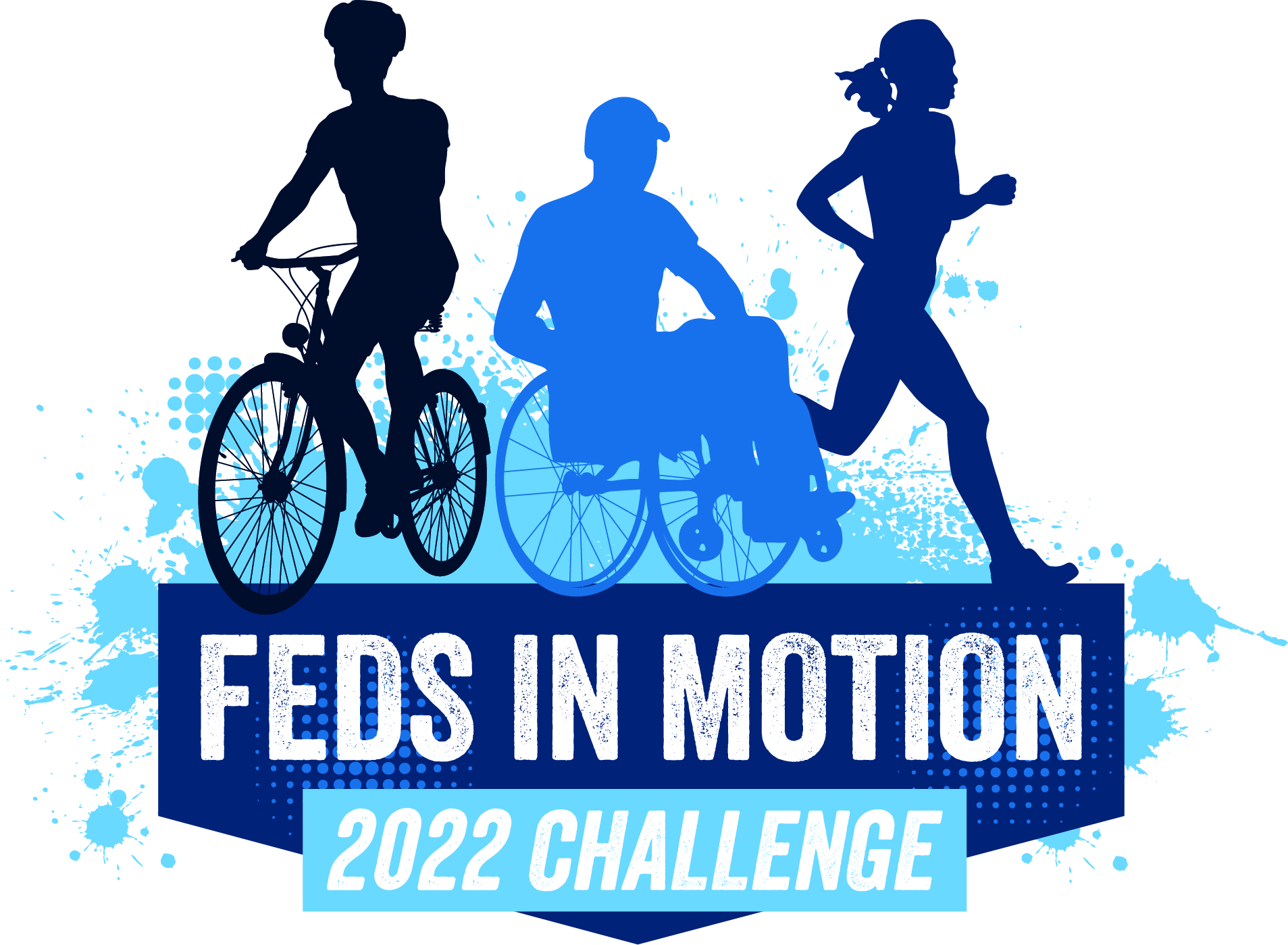






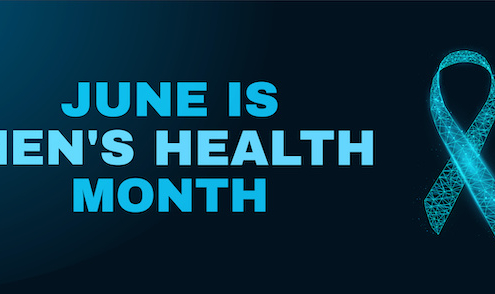
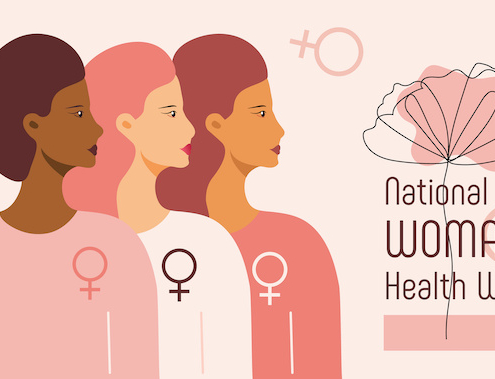
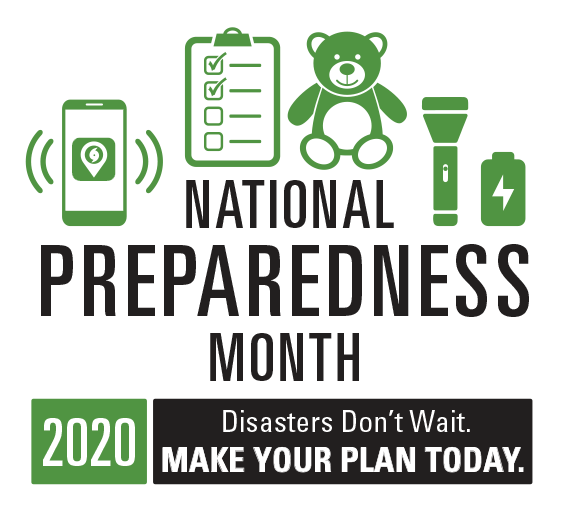
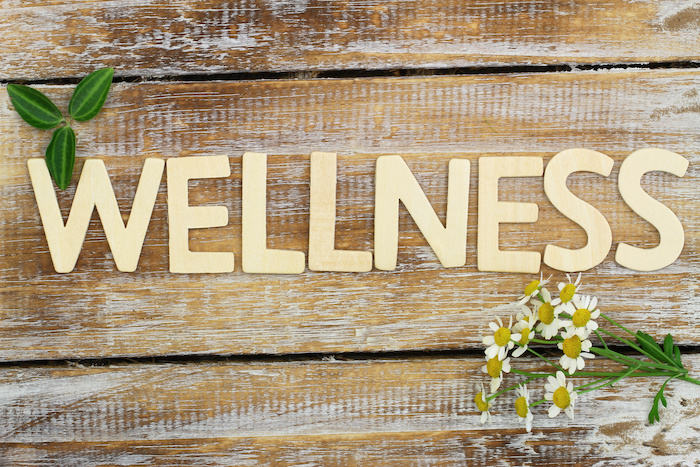

 Alissa Eckert, MS; Dan Higgins, MAMS
Alissa Eckert, MS; Dan Higgins, MAMS



